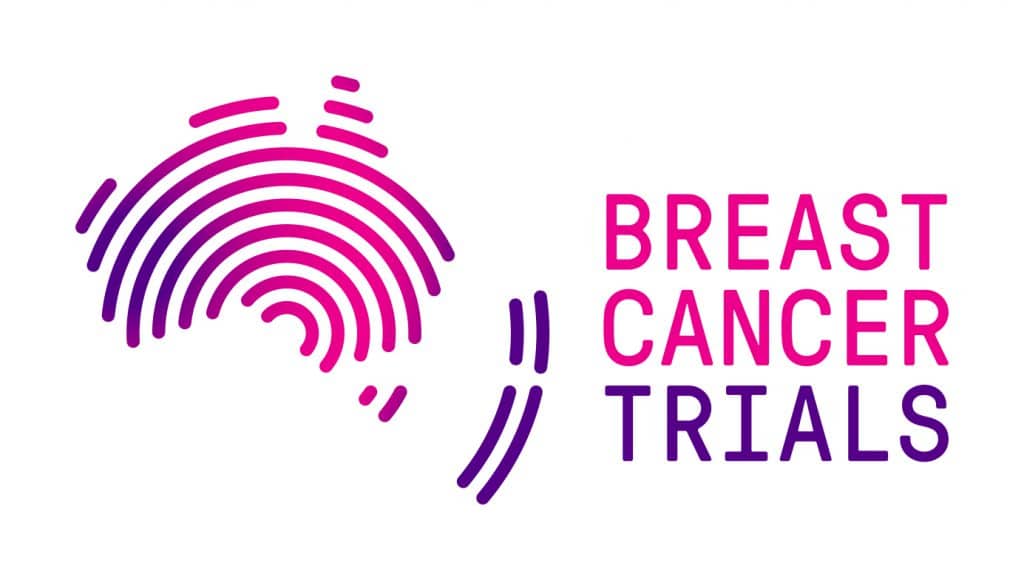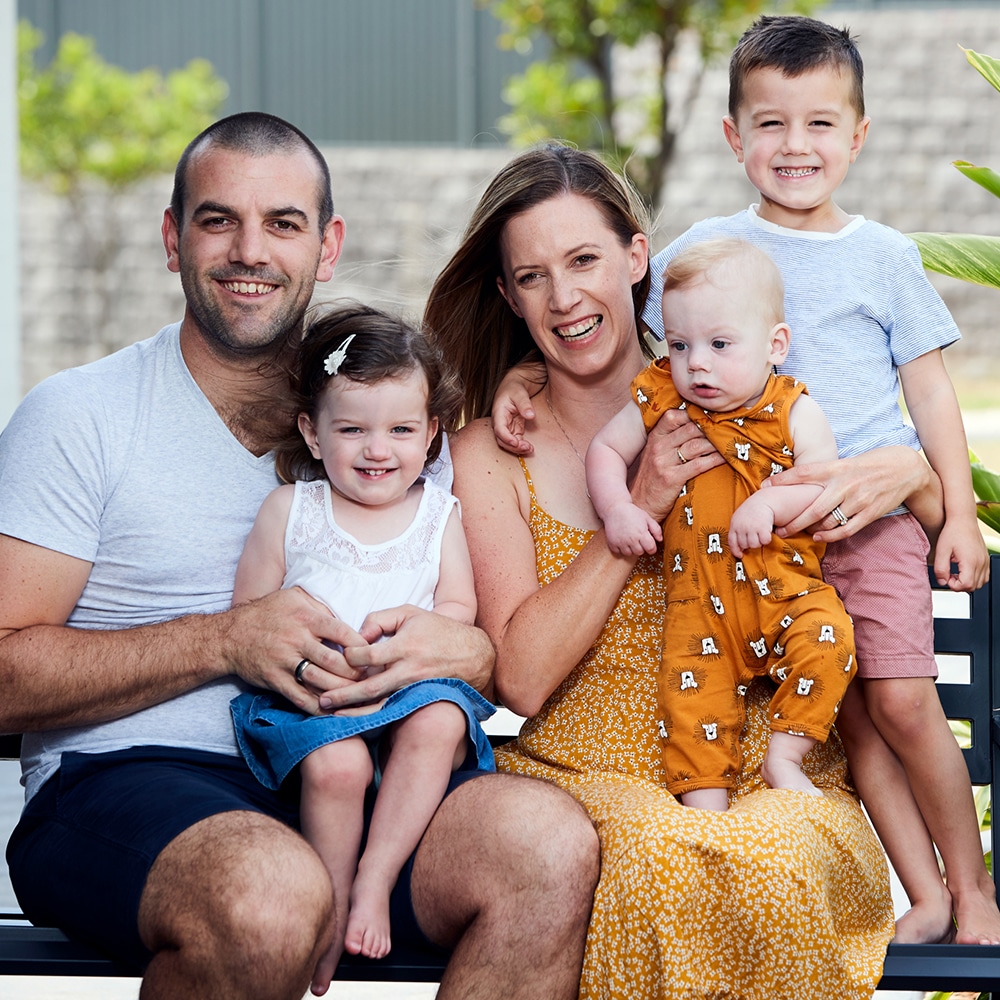- Research
- 2022-2026 Research Strategy
- Open Clinical Trials
- Closed Clinical Trials
- What is a Clinical Trial?
- Why Participate in a Clinical Trial
- Remote Telehealth Pre-Screening Process
- Research Achievements
- Publications
- Research Development and Funding
- Participating Intitutions
- International Collaboration
- BCT Trials & Projects Summary
- Translational Research
- Clinical Fellowship Program
- International Fellowship Support
- Annual Scientific Meeting
- Travel Grants and Awards
- About
- Our Impact
- Fundraise
- Donate
- Researcher Login
- Cart
To fulfil our mission of savings lives and improving treatments through the conduct of clinical trials, Breast Cancer Trials has developed our 2022-2026 Research Strategy.
Breast cancer is the most diagnosed cancer among women in Australia and New Zealand, and the most diagnosed cancer worldwide. This year more than 20,640 people will be diagnosed with breast cancer in Australia and more than 3,500 people in New Zealand.
To address this, it’s critical that Breast Cancer Trials (BCT) identifies research topics and methods that are likely to make the greatest impact to improvements in outcomes for people affected by breast cancer; ensure that our resources and the expertise of our research community are used optimally; and that we can proactively respond and adapt to future research opportunities and needs.
Because people are at the heart of everything we do – those affected by breast cancer, our supporters who make our research possible, our researchers who ask the important scientific questions and trial participants who help us understand whether a new treatment is working.
It’s a bold plan that is underpinned by the value of consumer involvement in our research and the importance of maintaining a consumer-centered and patient-driven approach. We sincerely thank supporters, who make our research possible – you are making a real impact on lives and futures with your ongoing generosity and commitment.

